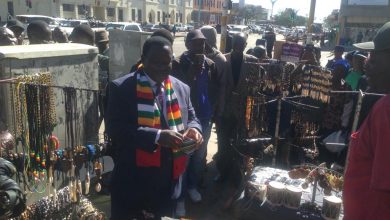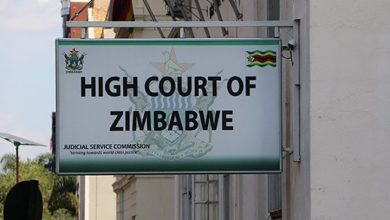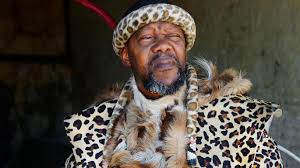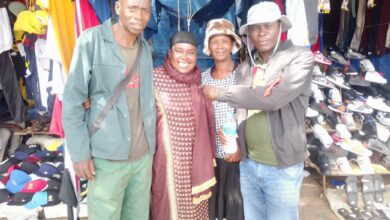
Migrants based in South Africa have reacted angrily to a new law in that country that bans foreigners from engaging in political activity.
Foreigners now face deportation from South Africa if they engage in any political activity related to their country of origin – including voting in elections.
Asylum seekers and refugees have also been banned from any involvement in South African politics.
The new law was gazetted by South African Home Affairs minister Aaron Motsoaledi last year in December while President Cyril Ramaphosa announced the activation of the Refugees Amendment Act, also effected this year.
But this development has been met with criticism from migrants who argue that the new regulations are not viable for their survival nor civil or political rights.
In an interview with CITE, Chairperson of the African Diaspora Forum (ADF), a migrant rights organisation, Dr Vusumuzi Sibanda lamented the new regulations took away the rights of refugees and asylum seekers.
“We are aware of the new regulations and obviously we are very worried about them because they disenfranchise refugee seekers and asylum seekers from taking active participation in the politics of their countries. That is taking away their blue rights, which is their first-generation rights in terms of the International Covenant on Civil and Political Rights,” he said.
Dr Vusumuzi Sibanda, Chairperson of the African Diaspora Forum
Dr Sibanda argued this became a “grave crime” considering that political refugees were people who would have wanted to participate in the affairs that sent them out of their country in the first place.
“Barring them means you are saying they cannot actively take part in their issues and that is completely unacceptable in our view,” said the activist.
He added that it was wrong for the South African immigration to assume all the refugees in that country were there because they are at loggerheads with their governments.
“Why must people not or cannot visit their foreign missions in South Africa when not all are in trouble with their governments? The fact is this is furthest from the truth and not the purpose of the Refugee Act or the International Protocol of Refugees,” Dr Sibanda noted.
“You must appreciate that the 1951 convention on Refugees and the Refugees Act in South Africa specifically talks to people that are displaced or who are fleeing persecution either politically or from religious issues, tribal issues, foreign invasion. If there’s a foreign invader in that country it means that person is not at loggerheads with the government.”
The ADF chairperson, a lawyer by profession, highlighted that the views brought in by the new regulations take a “very narrow” view of the purpose of the Refugees Act.
“As a result, we have already voiced our views and we are looking at taking possible legal action in the event that those regulations are not amended as soon as possible. We are very worried that the new regulations cannot help change or better the lives of refugees in South Africa,” Dr Sibanda emphasised.
“We understand that indeed the immigration could be worried the fact that the system could have been abused but I don’t think that this is something that can cause such an approach or a stand because, at end of the day, action intended on a tenth of people must not affect 278 000 asylum seekers and refugees put together. This should then be allowed to influence the livelihoods of almost 300 000 people, definitely, that is not anything we consider as viable.”






